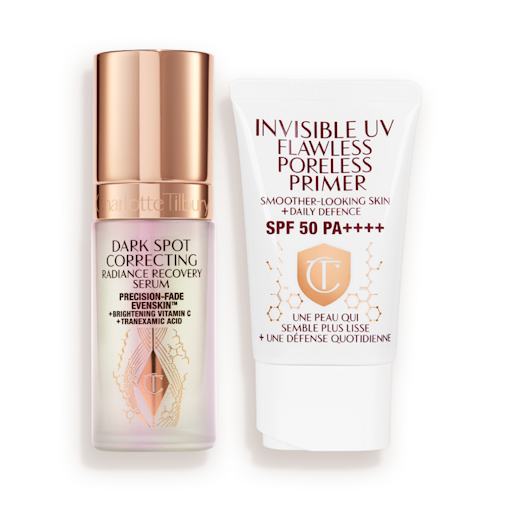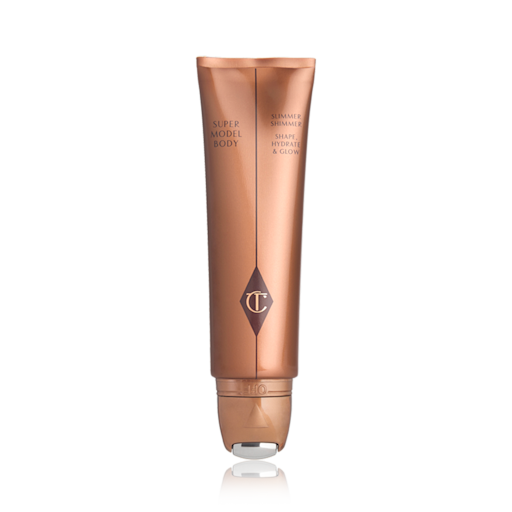Perimenopause and mental health
The risk of major depression and noticeable increases in depressive symptoms go up two to three times during the menopause transition. Sex hormones like oestrogen and progesterone interact closely with brain chemicals such as serotonin, GABA, glutamate and dopamine. Changes in oestrogen during perimenopause and menopause can affect how stress hormones and serotonin are processed, leading to mood swings and other issues.
Progesterone, although less discussed, also plays a vital role in mood regulation during perimenopause. Its byproduct, allopregnanolone, calms the brain and reduces anxiety by affecting GABA(A) receptors. Progesterone influences serotonin by altering related genes and proteins and some early evidence suggests it protects the brain, enhancing stress resilience.
Changes in cognitive function and brain structure during perimenopause and menopause
A recent study used advanced brain imaging techniques to examine the brains of 161 women aged 40 to 65, including those who were menopausal, perimenopausal and post-menopausal. The study reveals how menopause transforms the female brain and suggests that these changes include compensatory adaptations that help maintain brain function despite lower oestrogen levels. The findings show that as the brain adjusts to reduced oestrogen in postmenopausal women and it often returns to structural and functional levels like those before menopause, although this is not true for all women.
Perimenopausal and menopausal women also often face memory and cognitive issues due to decreasing oestrogen levels. Oestrogen receptors, ER-alpha and ER-beta, in the brain's limbic region, play crucial roles in mood, memory and behaviour regulation. Hormonal changes affect brain functions, causing temporary cognitive decline. Menopause can also alter brain areas that process negative emotions, like the ventral limbic and medial temporal lobes, could lead to mood swings and memory problems due to the presence of oestrogen receptors in these regions.
Better coping with stress and cognitive changes
Research shows that mastering new coping mechanisms like mindfulness, breathwork, and cognitive behavioural therapy can boost stress resilience. Find what works for you and make it a habit.
Moreover, research on Hormone Replacement Therapy (HRT) with synthetic or [bioavailable hormones](https://www.ncbi.nlm.nih.gov/pmc/articles/PMC3131235/#:~:text=BHRT%20Effectiveness,emotional%20lability%20(53%25%20vs.) is ever evolving.
A recent study from 2023 for example shows that starting hormone replacement therapy (HRT) soon after menopausal symptoms begin increases the brain's chances of protection, according to a recent analysis. The duration of HRT also plays a crucial role: women who began HRT during menopause and continued for more than 10 years had a 26% reduced risk of dementia.
















































































































































